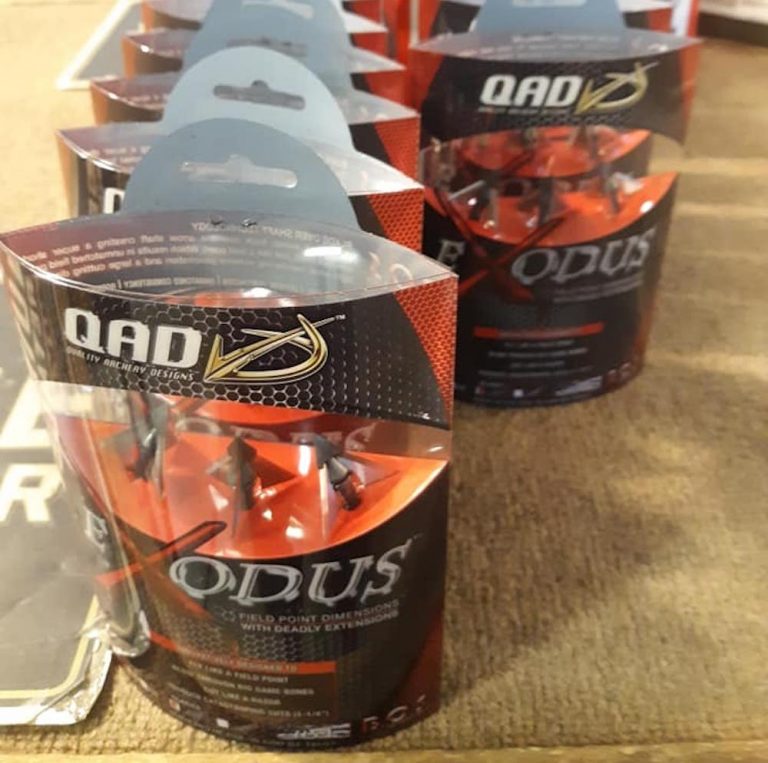Barton said his sales increased almost 25% from where they were in 2020 and 30% from where they were in 2019. In fact, this year his sales passed last year’s total sales on Sept. 3. He said every month kept getting better. He was satisfied with the influx of new customers and sales, but he felt like his hands were tied when it came to selling products because so many things were out of stock, on back order or held up in shipping. He hated feeling stuck when customers would ask for things and manufacturers couldn’t supply them.
“Being the middleman was frustrating but many of our customers were understanding and patient,” he said. “We did our best to try to find stuff for them, and most of them hung with us.” Barton believes his honesty, transparency and focus on good customer service helped carry him through. Unfortunately, he doesn’t think 2022 will be any different. The industry is still facing inventory issues, and consumers are still interested in archery.
For many people, the new year signals a fresh start, but for businesses, the issues happening in December don’t just stop happening because someone flips a calendar page.
“This coming year could be our most unknown year,” Barton said. “We have seen enough new customers and think they’ll come back because we have good customer service, but nothing is guaranteed. Right this second things are good. A lot of factors could change that, so we’re prepared to saddle up, strap in and hang on for this next year because either way, it probably won’t be a regular, calm year.”



